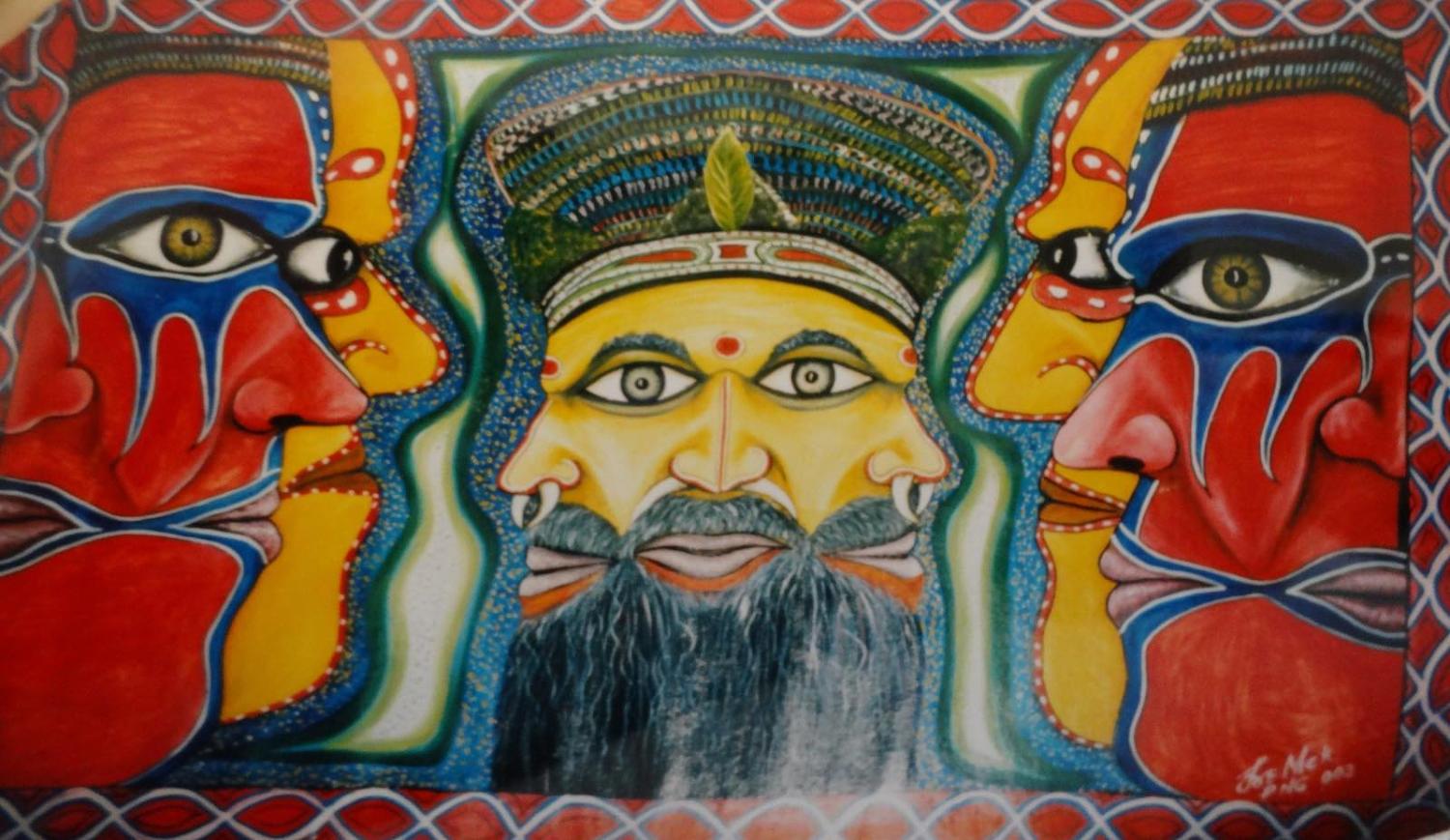When we look at progress in decentralisation in Papua New Guinea over the last 20 years – the sole continuous and overriding policy priority of successive governments – many challenges remain to improve downstream service delivery. Programming for “social accountability” shifts the focus from government to governance. It’s about the difficult stuff, even it’s often referred to as the soft stuff – relationships, trust and legitimacy.
Australian development assistance in PNG is designed to get behind leaders and civil society organisations to enable local voices to be heard. In the program on which I have been working, the Decentralisation and Citizen Participation Program (DCPP), this has meant we have had to find new approaches that privilege PNG ways of working as well as – and sometimes instead of – Australian ways of working. This has found expression in a number of projects – for example, The Voice Inc., a youth-led organisation with a “coalitions for change” approach, the recently funded Tearfund social accountability project, focusing on leadership within the Church Partnership Program, and the WASH social accountability project, in association with UNICEF.
The key to the success of such programs is the range of mechanisms that citizens use to hold political representatives, public officials and service providers to account. DCPP supports social accountability through initiatives such as the Church Partnership Program and the Media for Development Initiative. The latter project supports media partners to provide a platform for giving voice and agency to women, youth and people living with disabilities. The Building Resilience in Treaty Villages program introduced Community Rangers to support ward-level participatory planning and development in order better to advocate for the needs of their communities. The program has recently been expanded to 40 wards in South Fly district. A number of programs aimed at young people use the “sports for development” initiative to enhance confidence and life skills. Another recent success was the Phones Against Corruption program, which demonstrated success in reporting and prosecuting corruption within the Department of Finance.
A clear platform for citizen engagement and participation will help ensure that relationships, trust and legitimacy (formal and informal) do actually deepen the citizen-state social contract.
What could the next phase of Australia’s investment in social accountability look like? Where can we take modest success stories and expand them?
New initiatives will need to ensure appropriate government service-delivery partners and align with community preferences. It will be critical that political leadership support any new overall “accountability” program. It must ensure it is placed in the appropriate national-level agency for ownership, coordination and facilitation of implementation from top down and, importantly, bottom up with key stakeholders. A clear platform for citizen engagement and participation will help ensure that relationships, trust and legitimacy (formal and informal) do actually deepen the citizen-state social contract.
There are examples beyond PNG that provide useful guides. The Abt-managed KOMPAK (Indonesia Governance for Growth) program, village collaborative monitoring is one of the social accountability instruments bringing improvements in health and education services. KOMPAK, together with the Asia Foundation, implemented the program in 2017–18 in 30 villages, 12 districts and five provinces.
Digital solutions also strengthen civil society’s ability to collaborate and monitor government actions, particularly in this age of social distancing. Integrity Action share some examples of how citizens are using digital tools and online collaborations to hold duty bearers accountable during the Covid-19 pandemic.
There are opportunities for the next phase of Australia’s investment to focus on investments in building public demand for accountability and transparency through better civil society, private sector and citizen engagement, more active backing of civil society organisations and media, and investing in institutions to collect data, analyse public policy alternatives and disseminate information on issues.
It is the way we approach these investments that will matter: interventions need to break down barriers and create an environment for excluded populations to participate meaningfully. They also need constructively to support government to be responsive to the demands of citizens and not undermine existing patterns of legitimacy and exacerbate the citizen-state divide. Successful outcomes should be celebrated, no matter how small, in order to reinforce the value of collective action, to build trust and legitimacy and to promote further participation.
Papua New Guineans will increasingly demand good governance and improved services when they have reasonable expectations of a positive outcome.
Lead image courtesy of Flickr user denisbin

